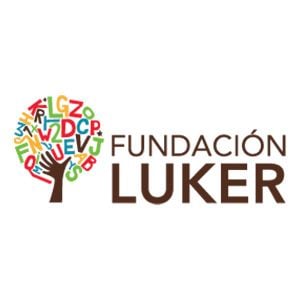Share Content
Article Link Copied
2022 Best Practice Prize – Luker Foundation

Luker Foundation, or Fundación Luker, created in 1994 in the Colombian city of Manizales, is a social innovation laboratory creating solutions that promote development and equity, through public, private and academic alliances.
The Foundation is motivated by the conviction that an educated and entrepreneurial person transforms and generates development. The work of the Luker Foundation focuses on helping people and communities to develop their potential and learn to be what they are capable of being.
Since its creation, clear results and alliances have been achieved, the legacy of family values that gave rise to the Foundation has been maintained, and work models have been created around education.
The Foundation’s work in the education sector includes the ‘Active Urban School’, featuring 24 education institutions where active pedagogies help develop social and emotional skills that have contributed to the training of more than 1,000 teachers and the education of 21,000 children.
Their ‘University At Your School’ program provides access to Technical and Vocational Education and Training (TEVT) in Manizales, significantly improving access to higher education. Before the program only 33% of public schools’ graduates accessed university, in 2021, 70% of the students accomplished it. Around 10,400 students have been trained since 2014, with most of the graduates (76%) continuing their studies and/or working in areas related to their training field.
The Foundation’s ‘Let’s All Learn to Read’ is its flagship literacy program with experimental evaluation. It began in Colombia’s mid-size city of Manizales, in alliance with the Inter-American Development Bank (IADB), who, joined by Harvard University have helped evaluate it. It is now a public policy in Colombia and Panamá, benefiting more than 700,000 children and teachers, helping generate an educational transformation in Latin America. This teaching and learning model uses the phonetic method to improve literacy in Colombia and Panama.
The program includes face-to-face and high-impact digital strategies, such as: training and support for teachers in pedagogy, classroom management, and the synthetic phonics method; design and provision of fun materials (k-5), for learning to read through socio-emotional skills; tutorials and personalized materials for children with difficulties from 2° to 5° grade; a timely and personalized evaluation system to identify and level students with learning lags using entry and exit Early Grade Reading Assessment – EGRA.
The Foundation believes a proper implementation of the program for 5 years would increase reading performance on standardized tests by 30%. This model has all the potential to transform Latin-America’s education in unprecedented ways. Additionally, Guatemala, Costa Rica and the Dominican Republic want to join this successful model and the aim is to reach all Latin American countries.